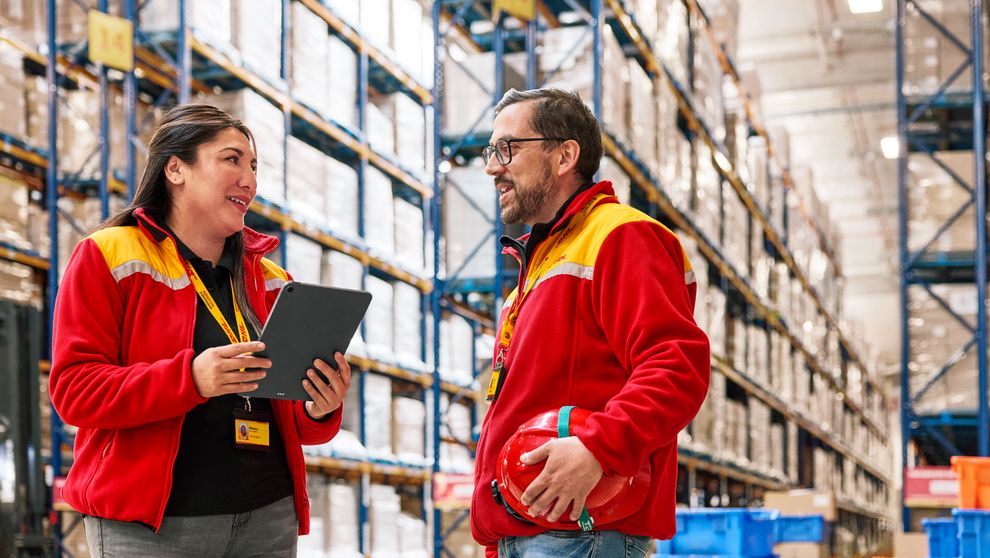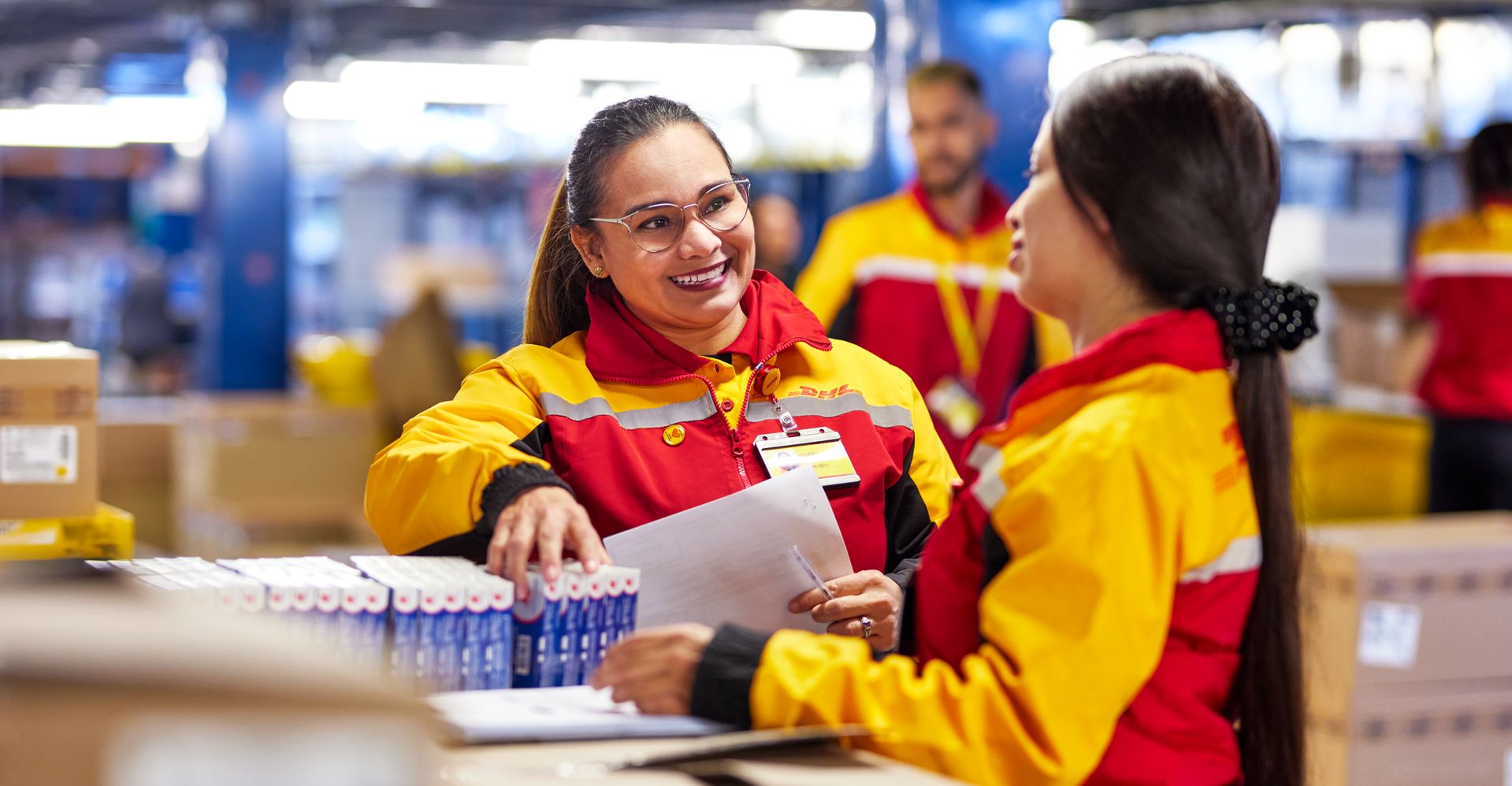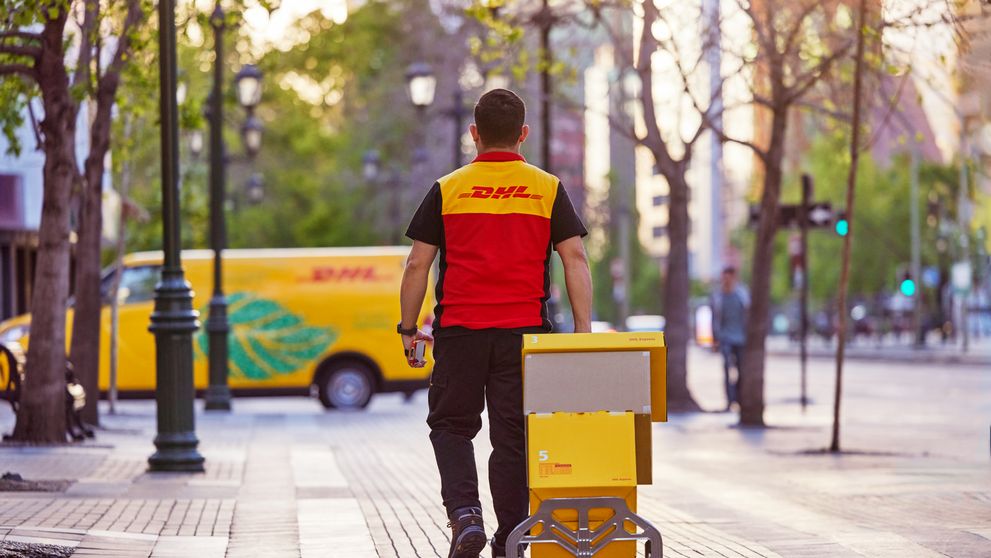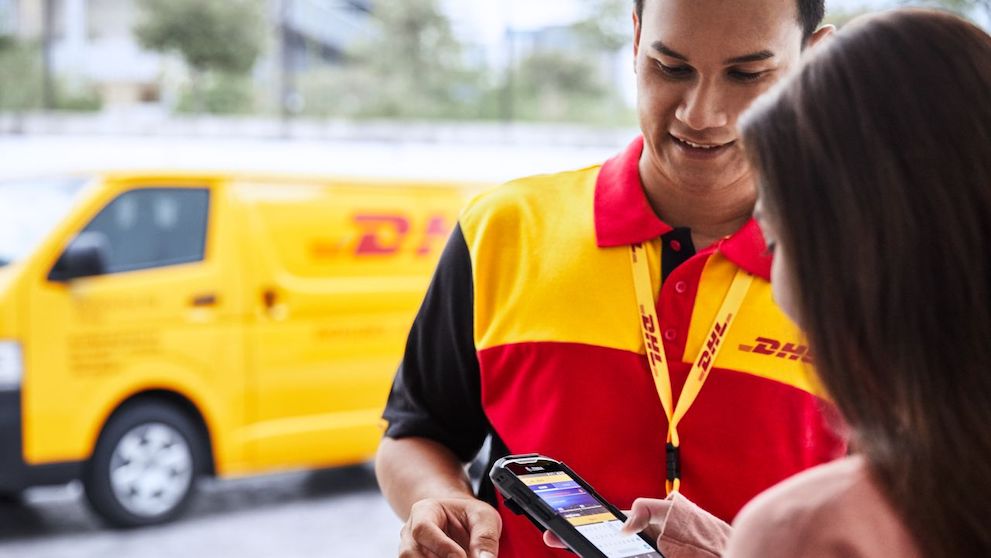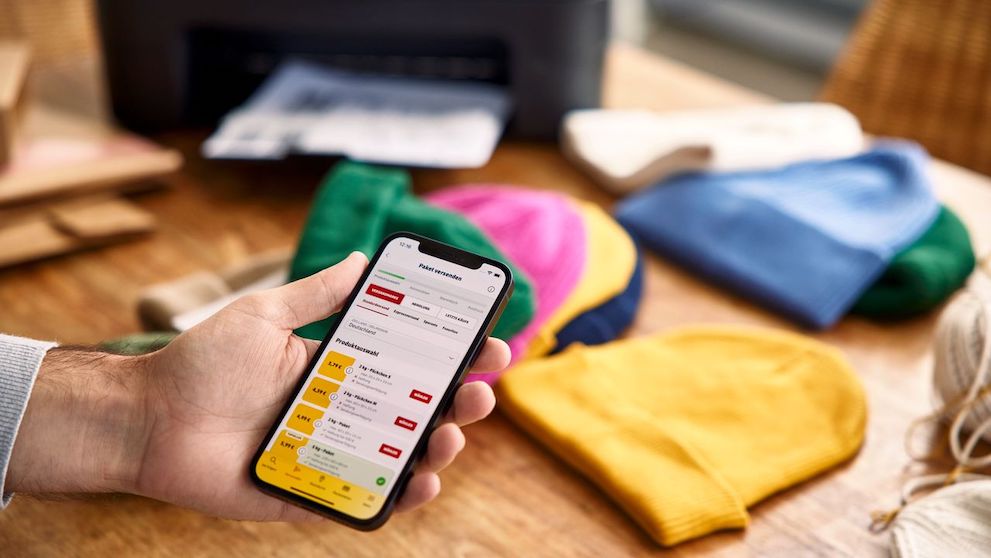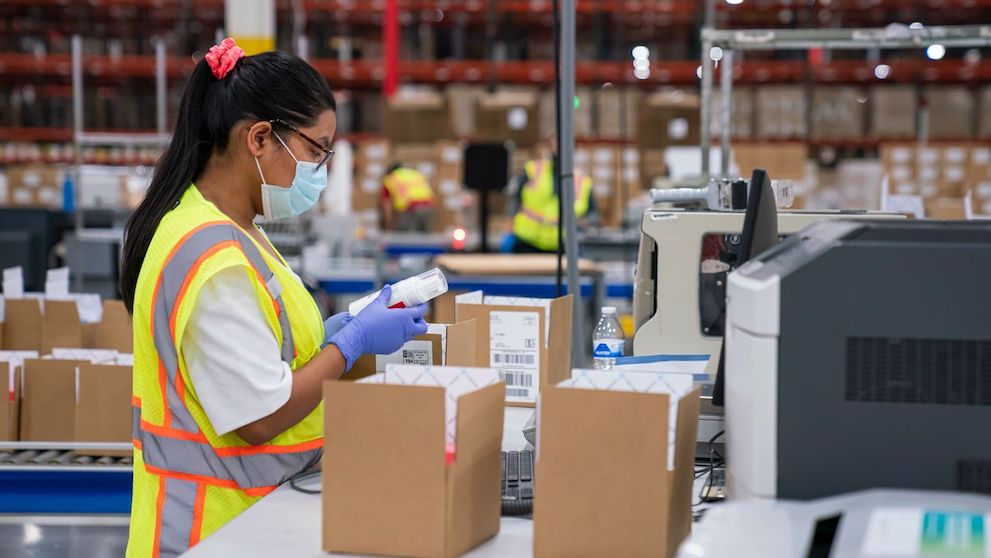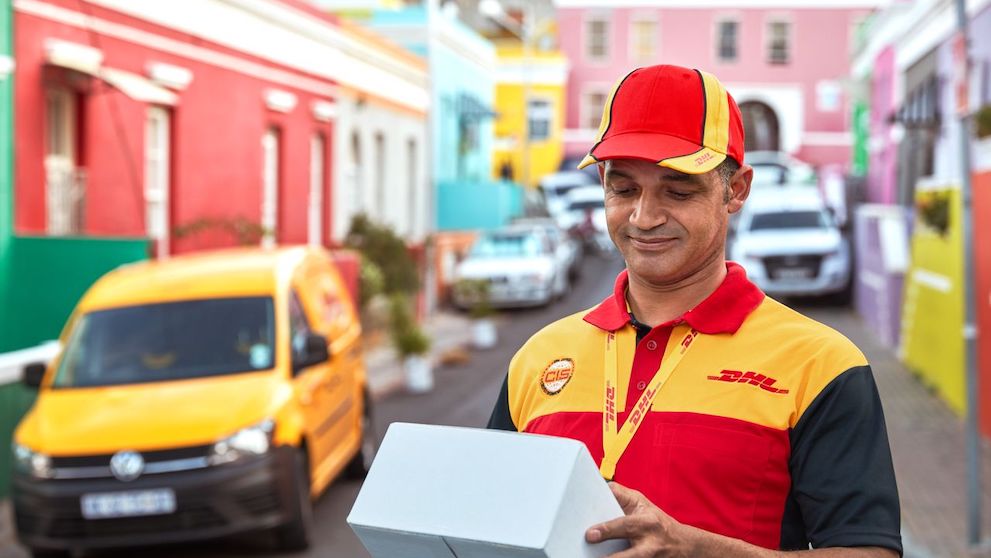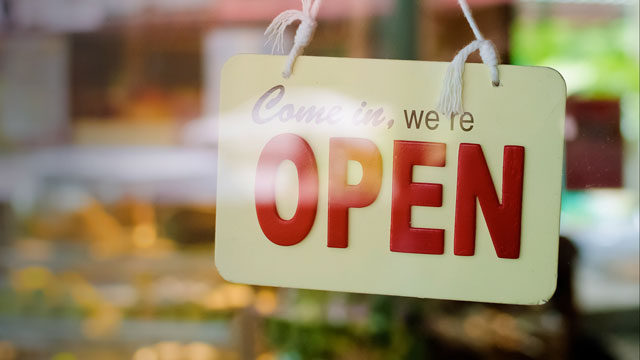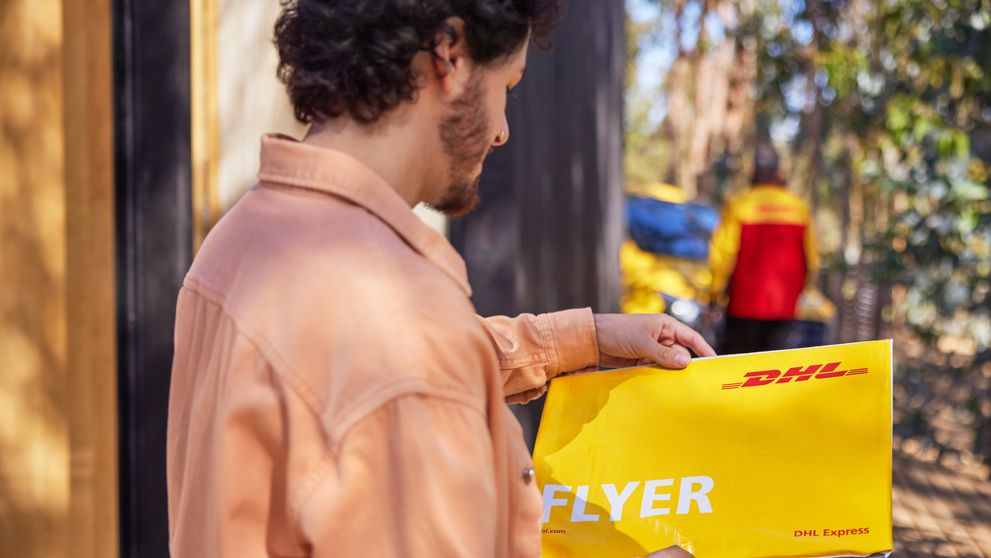In the dynamic world of global e-commerce, the Brazilian market emerges as a beacon of opportunity, particularly for Indonesian businesses looking to expand internationally. As the largest economy in Latin America, Brazil is experiencing a rapid e-commerce growth of 14.3% and is projected to exceed US$200 billion by 2026, presenting a fertile ground for market penetration—as indicated by the International Trade Administration.
This blog delves into effective strategies for Indonesian e-commerce businesses to capitalise on this growth and capture the Brazilian audiences. Bridging two vibrant economies, it offers an in-depth exploration into navigating the complex yet rewarding Brazilian e-commerce landscape. Dive into this insightful narrative to understand the transformative potential of exporting to Brazil, leveraging the burgeoning e-commerce market in Brazil for successful international deliveries.
Understanding the e-commerce market in Brazil
Navigating the Brazilian e-commerce landscape requires a nuanced understanding of its diversity and expansiveness. As Brazil's e-commerce market continues to flourish, with a population increasingly inclined towards online shopping, grasping the intricacies of Brazilian consumer behaviour becomes pivotal for international businesses. This behaviour is characterised by meticulous product research and a penchant for seeking out the best deals, illustrating a consumer base that values both economic practicality and quality. In Brazil, the trend isn't just about finding the lowest price; it's about finding the best value, where popular discount chains coexist with an expectation for high-quality products. This dynamic is further complemented by a high demand for exceptional sales service and robust customer support, signifying the need for e-commerce platforms to balance cost-effectiveness with quality assurance.
For Indonesian businesses exploring business opportunities in Brazil, recognising and adapting to these consumer trends is key. The Brazilian market is not just about transactions; it’s about forging personal relationships and emotional connections. These factors heavily influence buying decisions, underscoring the need for cross-cultural marketing and localisation strategies. Understanding these cultural nuances, coupled with comprehensive market research, can significantly aid in effective market penetration and business expansion in Brazil.
Tailoring your approach for Brazilian audiences
1. Customising e-commerce platforms for Brazilian consumers
To effectively engage the Brazilian e-commerce market, it's essential to customise your platform beyond just language translation. This involves creating a user experience that resonates deeply with Brazilian consumers. Prioritise website aesthetics that align with Brazilian preferences, incorporating vibrant colours and dynamic interactive elements. Such a design approach not only reflects the lively culture in Brazil but also enhances the overall user experience.
2. Localisation: Language, payment, and cultural nuances
Effective localisation in Brazil extends to language translation—incorporating the Portuguese language—and integrating local payment methods such as Boleto Bancário. This approach not only facilitates smoother transactions but also builds consumer trust. Furthermore, aligning your product marketing and e-commerce platform design with Brazilian cultural nuances is a key aspect of cross-cultural marketing. This strategic localisation strengthens consumer connection and is pivotal in expanding internationally into the Brazilian market.
3. Adapting product offerings
Adapting product offerings to the e-commerce market in Brazil involves a keen understanding of local consumer needs and preferences. This strategy might entail modifying existing products or introducing new ones that cater specifically to the Brazilian audience. Tailoring products to align with local tastes and trends demonstrates a deep understanding of Brazilian consumer behaviour, enhancing the potential for successful business opportunities in Brazil.
4. Optimising for mobile usage
Given the high rate of mobile internet usage in Brazil, optimising e-commerce platforms for mobile access is crucial. Ensuring a responsive, fast-loading, and easy-to-navigate site on mobile devices is key to capturing the mobile-centric Brazilian audience. This optimisation is not just a technical adjustment but a strategic move in tapping into the top e-commerce sites.
Building trust with Brazilian customers
To truly succeed in Brazil’s e-commerce market, it's essential to establish a foundation of trust through strategic approaches that resonate with local consumers.
- Establishing a reliable brand presence: Creating a reliable brand presence in Brazil involves more than just setting up shop. It's about connecting with your audience at a deeper level. Building a narrative that resonates with Brazilian values and lifestyle can significantly enhance brand reliability and recognition.
- Leveraging reviews and transparent policies: In Brazil, customer reviews and transparent policies are powerful tools for building trust. Encourage customer feedback and ensure that your return and privacy policies are clear and accessible.
- Providing exceptional customer service: Exceptional customer service is a cornerstone of building trust. Brazilian customers value prompt responses and personalised attention. Implementing efficient customer service channels and training your team to handle inquiries effectively can go a long way.
- Implementing secure payment methods: Security in transactions is paramount. Implementing secure and reliable payment options reassures customers and builds trust in your brand.
- Cultivating local partnerships: Collaborating with local Brazilian businesses can lend credibility and authenticity to your brand. It can also provide valuable insights into the local market and consumer preferences.
Effective marketing strategies for e-commerce businesses
1. Successful marketing tactics in Brazil
In the vibrant e-commerce market in Brazil, leveraging digital marketing tactics such as social media engagement and influencer partnerships is crucial. The Brazilian audience, known for its active online presence, offers a fertile ground for brand promotion through these platforms. Utilising these channels effectively can enhance your brand's visibility and create meaningful engagement with potential customers.
2. Leveraging local events and trends
Capitalising on local Brazilian events, holidays, and current trends offers a unique opportunity to increase your e-commerce brand's visibility and engagement. Tailoring your marketing campaigns to these culturally significant occasions can significantly drive sales and strengthen brand affinity. This approach reflects an understanding of Brazilian consumer behaviour and can be a key factor in successful market penetration and cross-cultural marketing.
3. Utilising targeted advertising
Targeted advertising is an essential tool for reaching specific segments within the diverse Brazilian market. By employing data-driven insights, your e-commerce business can craft personalised marketing campaigns that resonate deeply with your target audience. This strategy not only enhances the effectiveness of your advertising efforts but also ensures a higher ROI on your marketing investments in Brazil.
4. Engaging through storytelling
Storytelling and content marketing are powerful avenues for connecting with Brazilian customers. By creating narratives that reflect Brazilian values and lifestyle, your brand can establish an emotional bond with the audience. This method of engagement goes beyond traditional marketing, fostering a deeper, more meaningful connection with Brazilian consumers.
5. Collaborating with Brazilian influencers
Collaborating with Brazilian influencers is a strategic move to amplify your brand’s reach and credibility. Influencers, with their robust local followings, can serve as authentic brand ambassadors, providing your products with a credible and relatable endorsement. This strategy is particularly effective in the Brazilian e-commerce market, where influencer opinions are highly valued by consumers.
